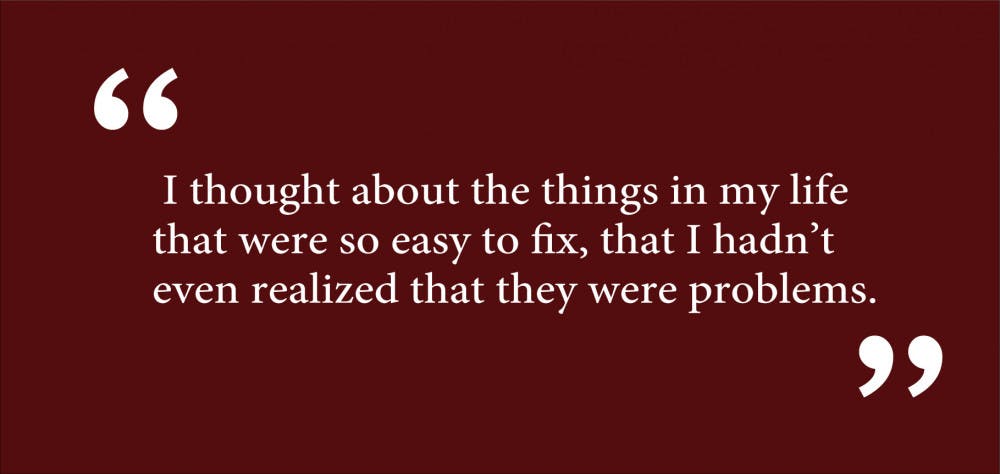Every new year I make myself a grandiose list of resolutions to follow and every year I forget about them by the end of January. Like most other resolution-ers, I tell myself that I’m going to eat healthier, get back into the gym, smile more, etc. But then all of a sudden life gets in the way and, as Busta Rhymes would say, I’m back on my BS. This year was different though. This year, I didn’t bother setting goals for myself that I knew I couldn’t achieve. Instead, I thought about things in my life that were so easy to fix that I hadn’t even realized that they were problems. Next time you decide it’s time for a big change, remember that it really is just the little things that count.
Stretching, for instance, may seem pointless if you don’t play a sport or work out often, but it is actually one of the most beneficial things you can do for your body. In 2015, a Harvard Medical School article stated that the older you get, the less flexible your joints become over time. This in turn can make everyday activities like walking up the stairs or picking something up off the ground significantly harder, and can sometimes even lead to injury.
When I was in high school, I played sports all year round and so stretching was a vital part of my everyday routine. But transitioning from a tri-varsity athlete to a regular college student meant that I no longer had any coaches or gym teachers monitoring my physical fitness. It wasn’t until I took a trip to Health Services for help with migraines that I realized how grave my problem was. Because I had gotten so used to not stretching, my neck muscles tightened and my shoulders began to slouch. My neck was then forced to carry the entire weight of my head and, as a result, I suffered from tension headaches almost every day.
My doctor was kind enough to show me some simple stretches, and two days after I started doing them, the headaches stopped. It just goes to show that your basic 20-second static stretches can make a world of a difference.
Another promise I made to myself is to avoid eating late-night dinners. I’m going to say this only once: midnight Spicy Withs are NOT your friend! I can’t even count the amount of times I’ve trekked to Jo’s after a long day of classes and work, ordered a whole bunch of greasy food and gone straight to bed, only to wake up with a throbbing stomach and intense regret. Believe me, I get it. We’re in college, and some of us already have so many obligations that we can’t help but procrastinate on eating too. But it shouldn’t be that way.
Poor eating habits in your late teens and early twenties can often lead to heart disease and other health complications later on in life, which could all be avoided by small changes in your diet. I’m not going to tell you what or when you should eat, but as a general rule of thumb, try to leave at least three hours between your last meal and the time you go to bed. That way, you won’t wake up feeling like you’re pregnant with Renesmee from Twilight, but instead you’ll have an appetite for breakfast which puts you right on track to eat three meals a day.
All of my new year’s resolutions may seem minor at first, but behind each of them, there’s a bigger picture. Instead of trying to figure out my whole life and change the world at the start of each year, I’ve learned that gradual adjustments can pay off in the long term. Resolutions don’t have to be immediate — Rome wasn’t built in a day and neither were you.
If you have comments or questions, or are in search of a new life coach, don’t hesitate to email the author at bamidele_oke@brown.edu. Please send responses to this opinion to letters@browndailyherald.com and other op-eds to opinions@browndailyherald.com.





